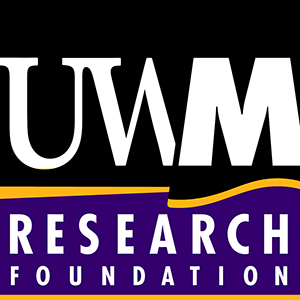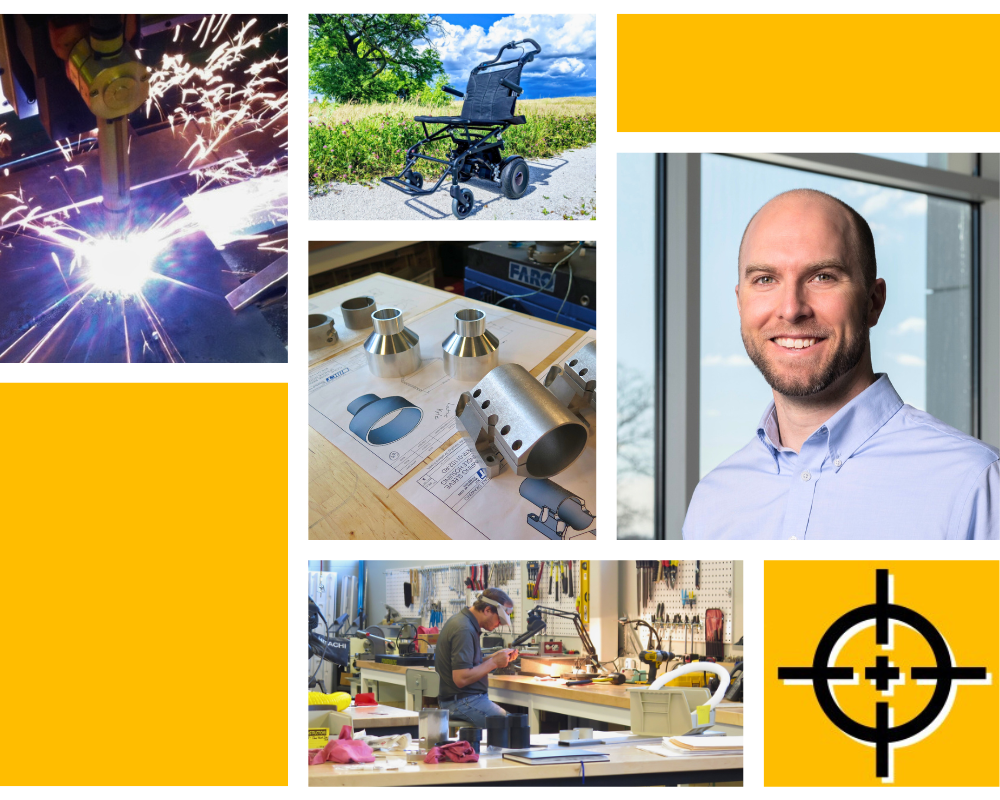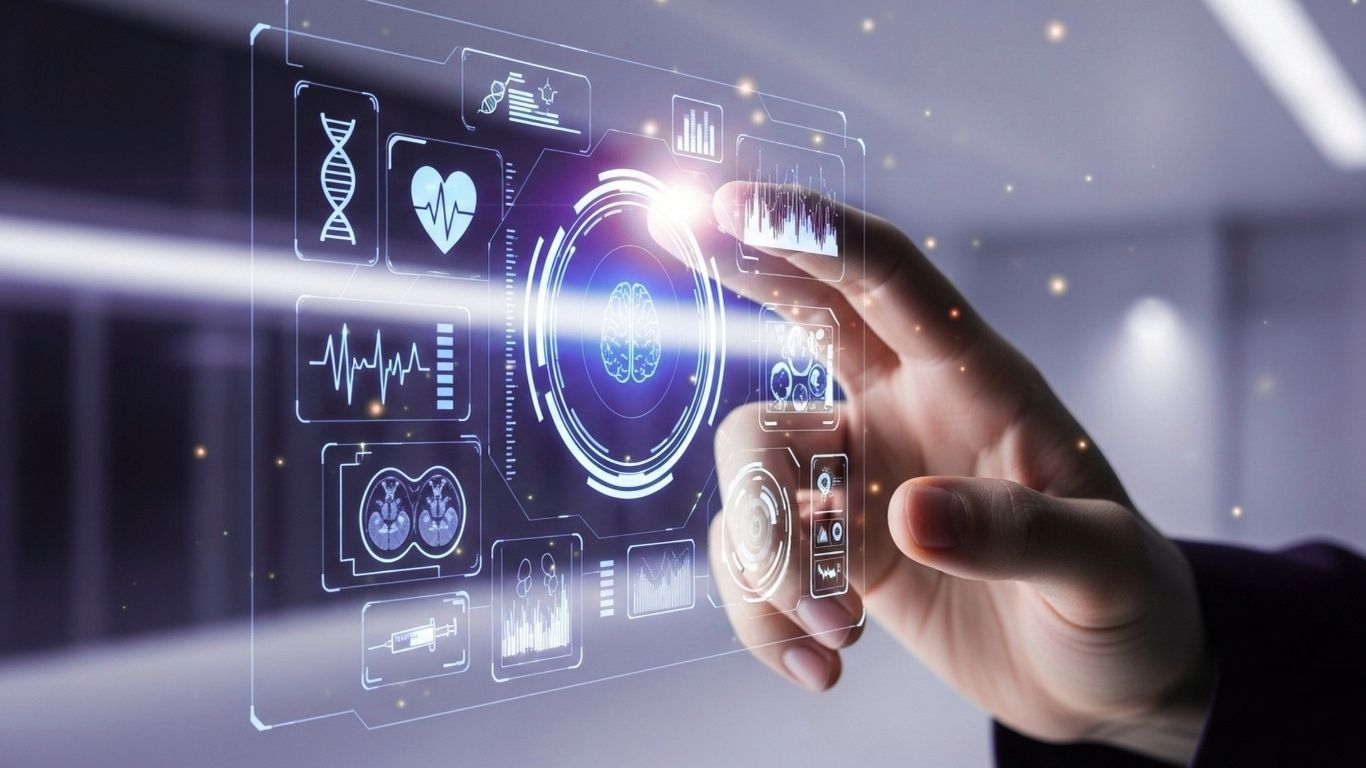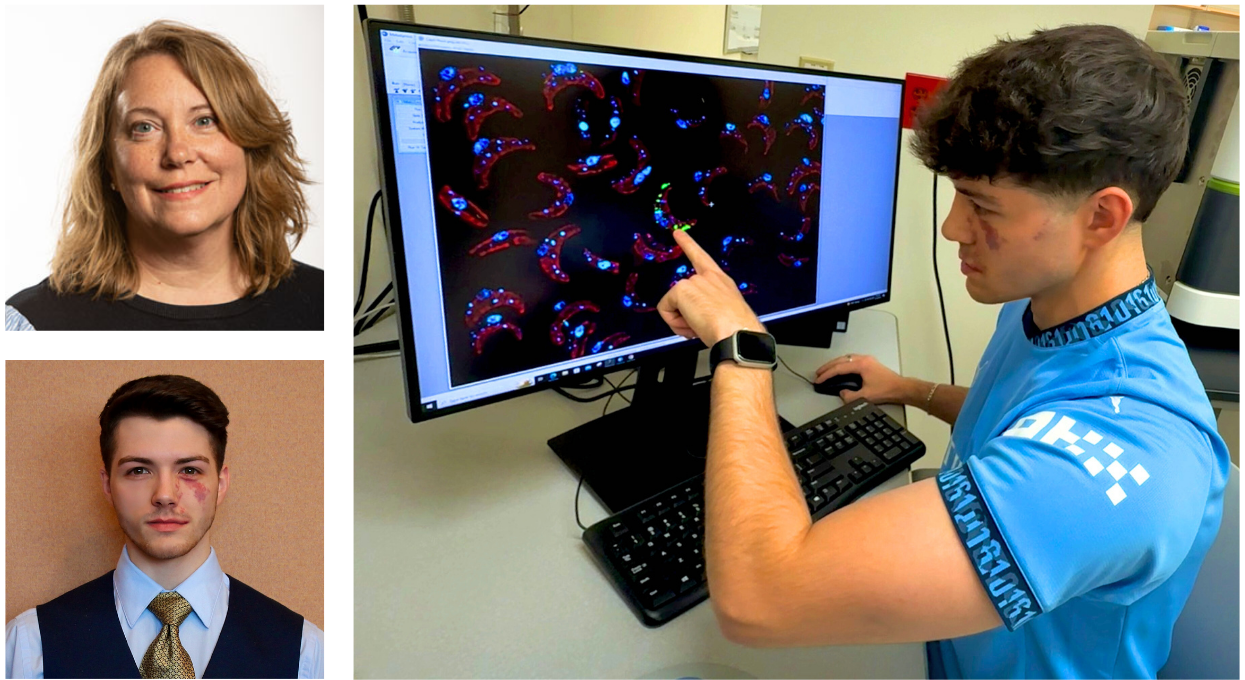UWMRF Announces $180,000 in Catalyst Grants
Catalyst Grant Program, Drug Discovery, Engineering, Healthcare, News, Partnerships, Startups, UWMRF Events, Water
08/21/2023
- Brian Armstrong and Deyang Qu– “Electronically configurable EV battery pack with stimulus and sensing for electrochemical impedance spectroscopy”
- Dr. Armstrong and team are developing a technology that will reduce fire risk in electric vehicles and other applications that use lithium-ion batteries. In addition to enhanced battery safety, the combined system reduces the number of switches and wiring needed for manufacture and allows more miniaturization than previous approaches. At just a few millimeters thick, Dr. Armstrong’s technology will be small enough to fit in a battery pack with minimal impact on size and weight, which are important factors in extending the range of electric vehicles.
- Xiaohua Peng and Alexander Arnold– “The in vivo efficacy of novel combination therapy for cancer using ROS-activated prodrugs and prooxidants”
- Current cancer drugs most often do not distinguish between malignant cells and healthy cells thus leading to the many side effects seen during cancer chemotherapy. Dr. Peng’s group has designed patented cancer pro-drugs which are selectively activated by conditions that are unique to the tumor microenvironment. She has already shown potent antitumor activity in mouse tumor studies, but recently observed even stronger synergistic effects with her compounds combined with high-dose vitamin C in triple-negative breast cancer cells, which provides a compelling rationale to further explore this in animal models.
- Ionel Popa– “Improving the yield of antibody binding columns”
- Dr. Popa and his team have developed technology for more efficiently capturing and concentrating antibodies that are useful in a wide range of research and therapeutic applications, including oncology, immunology, and more. This patent-pending material consists of protein-based hydrogels that offer a high density of antibody binding sites and increased yield over current purification methods. In this project, Dr. Popa aims to generate data to demonstrate the effectiveness of the technology in meeting constraints identified by potential industry partners. Dr. Popa is also exploring the use of this innovation in the detection of disease biomarkers.
- Yin Wang, Shangping Xu, and Xiaoli Ma – “Metal-doped layered double hydroxide for lithium extraction from brine”
- Dr. Wang’s project has the potential to make the US a bigger player in providing lithium to meet exploding global demand for batteries. This extraction method takes brine solution from natural resources or oil and gas industry waste, filters it to remove contaminants, and selectively binds lithium to novel adsorbents. The adsorbents developed in this project are expected to improve upon current technology through a higher capacity to capture lithium and enhanced structural stability for extended reusability.



